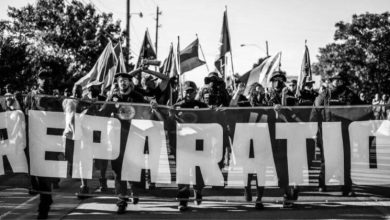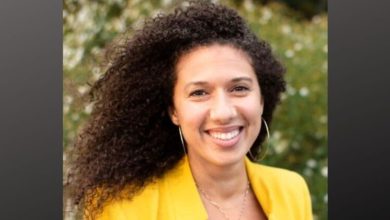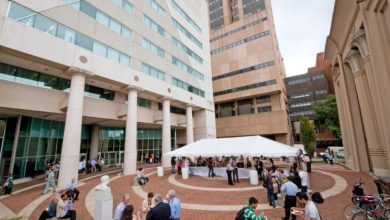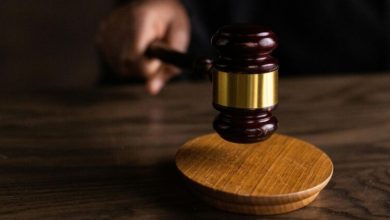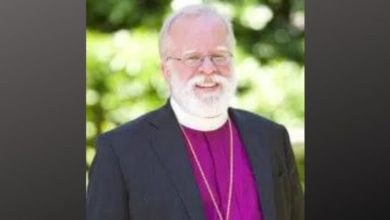The Problem Isn’t Financial Literacy, It’s Financial Fairness
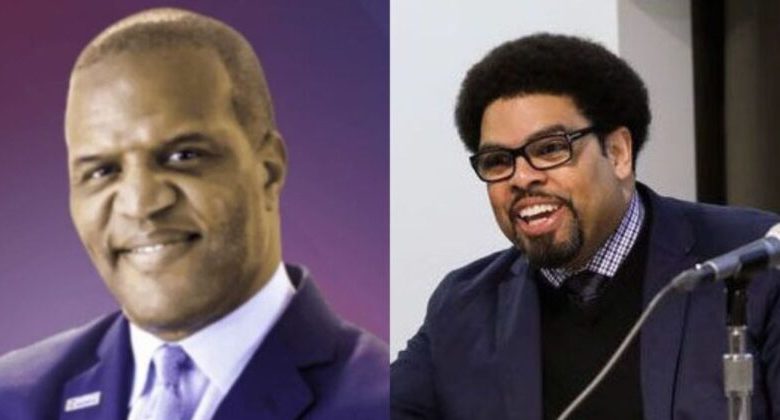
Two prominent figures Darrick Hamilton and John Hope Bryant have contrasting views on root financial issues in Black America and solutions to the racial wealth gap. While both acknowledge the importance of financial education, their perspectives diverge on whether financial literacy or financial fairness should be the primary focus.
Hamilton, a top economist at New School argues that the problem facing marginalized communities isn’t merely a lack of financial literacy but rather a systemic issue of financial fairness. In an article for The Prospect, he highlights the disparities in banking services faced by Black and Latinx residents in California. Hamilton emphasizes that traditional financial institutions often impose higher fees and minimum balance requirements in communities of color, exacerbating existing income inequalities.
Hamilton advocates for the implementation of CalAccount, a fee-free banking option developed in California, as a solution to combat discriminatory fees and promote financial equity. He believes that public options like CalAccount are essential to ensure access to essential financial services for everyone, irrespective of their socioeconomic status.
In an article for Prospect, co-written with professor Terri Friedline, Hamilton points out the problem is financial illiteracy, as poor and “marginalized people know how to budget better than many. They juggle to pay multiple bills on incomes that jump and plunge with unpredictable schedules. On top of everything else, Black and brown people have to manage racist discrimination both as customers and as workers in the labor market. It is not financial literacy that they’re in need of; it is fair and affordable financial alternatives.”
Bryant, the founder of Operation HOPE, however, views financial literacy as the civil rights issue of this generation. In an op-ed for CNBC, Bryant stresses the importance of financial education in empowering individuals and communities. He traces the historical significance of financial literacy, dating back to Abraham Lincoln’s establishment of the Freedman’s Bank to educate freed slaves about money.
Bryant contends that financial literacy is key to economic participation and self-determination. He argues that by equipping individuals with the knowledge and tools to make informed financial decisions, society can break the chains of financial inequality and create a more just and equitable future.
“As I say repeatedly in media and speeches here and around the world, it is the first thing that U.S. President Abraham Lincoln pivoted to, immediately after the Civil War in 1865, when he signed into law the Freedman’s Bank, which was ‘chartered to teach freed slaves about money,’” Bryant wrote.
He added, “Without financial literacy, we cannot fully participate in our free enterprise system, and we cannot make informed financial decisions. We are left at the mercy of an economic system we do not fully understand — and worse yet for some of us, one that was not designed to support us.”
He continued, “Financial literacy plays a pivotal role here. It offers the tools and knowledge to transform one’s relationship with money. Through it, individuals can understand the power of investments, the magic of compound interest, and the importance of savings. They can navigate the complex world of credits and debits with confidence, ensuring they’re not just earners, but wealth creators.”
(L-R) John Hope Bryant, Operation Hope, https://operationhope.org/about/our-founder/Darrick Hamilton
